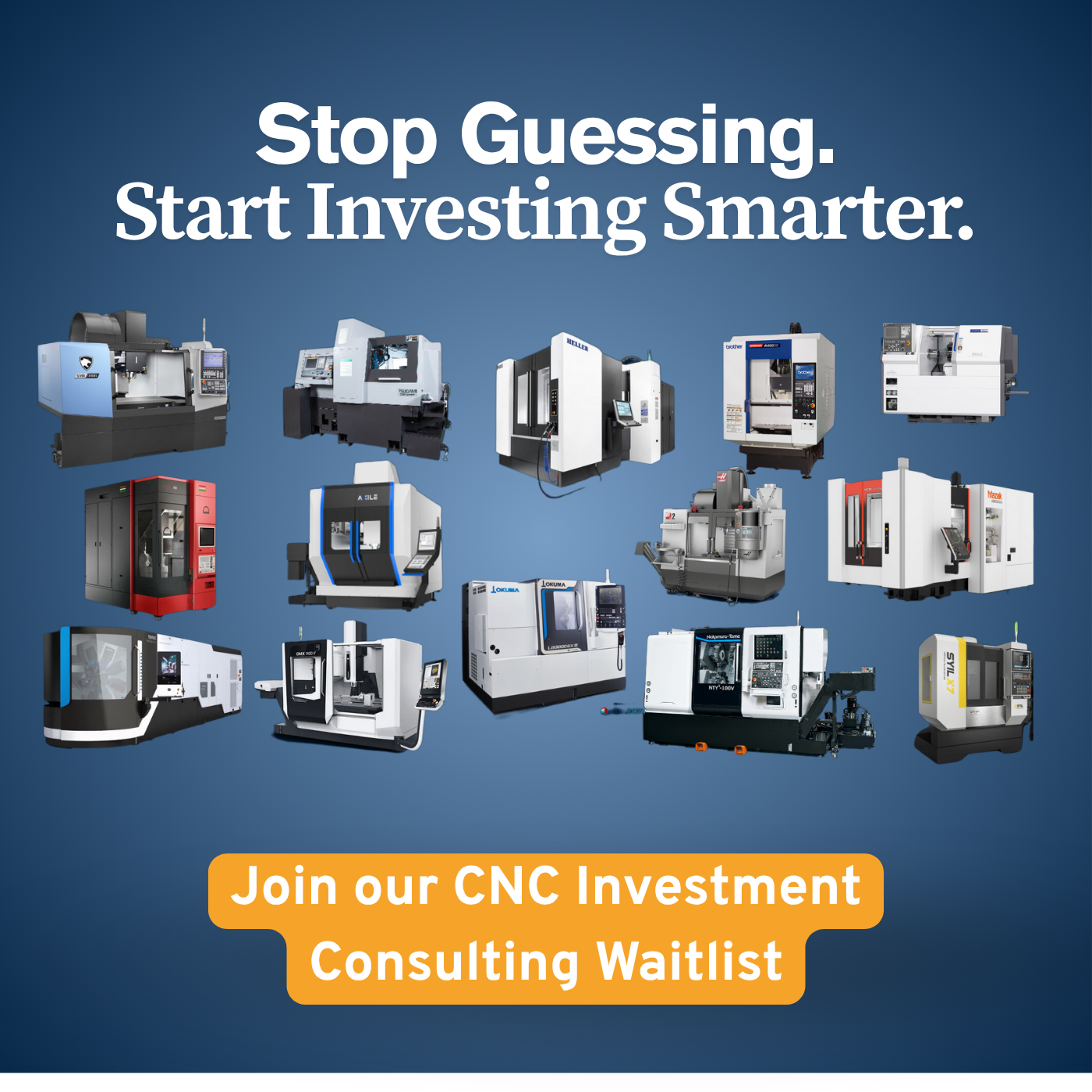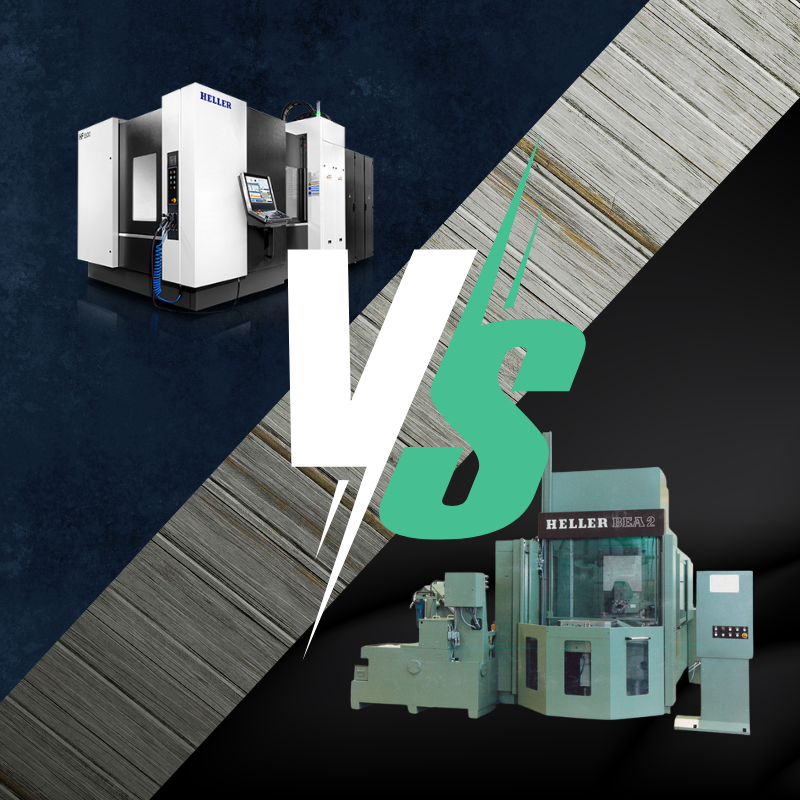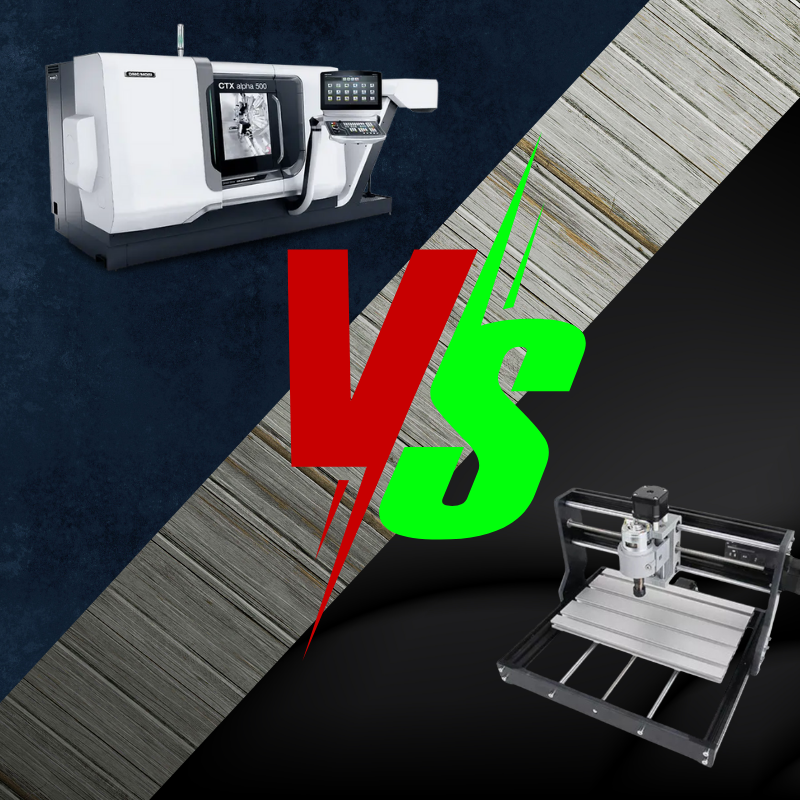Let's look into what makes a CNC machine fit for medical-grade manufacturing and understand what the essential requirements and considerations needed to ensure you make an informed decision.
For the medical industry, CNC machines must offer precision, reliability, and follow strict regulations. They should be capable of handling various materials with tight tolerances and high surface finish quality.
Understanding Medical Equipment Categories
Medical equipment is broadly categorized based on its application and complexity, ranging from simple tools to advanced diagnostic machinery. These categories include:
- Surgical Instruments: High precision is important for tools used in operations, requiring CNC machines that can achieve tight tolerances. Demand micron-level accuracy for critical patient safety.
- Implants and Prosthetics: Customization and precision are key for implants, demanding advanced CNC capabilities for materials like titanium and cobalt-chrome. Require custom precision for patient-specific designs. Focuses on reliable, repeatable precision for accurate diagnostics.
- Diagnostic Equipment: While precision is essential, reliability and repeatability take precedence for devices that provide critical medical readings.
- Laboratory Equipment: Requires a balance of precision and speed, with an emphasis on reliability for consistent results. Needs precise, reliable results with quicker production speeds.
Understanding Medical Industry Requirements
The medical industry demands highly on precision and reliability from CNC machines. These requirements come from the need to produce intricate components for medical devices, implants, and equipment that often have life-saving applications.
Key considerations include:
- Precision and Accuracy: Medical components require tight tolerances, often in the micrometer range, to ensure they function correctly within the human body or in diagnostic equipment. CNC machines for this sector must offer high-resolution movements and repeatability.
- Material Compatibility: Medical-grade manufacturing involves a wide range of materials, from metals like titanium and stainless steel to plastics and advanced composites. The CNC machine must be versatile enough to handle these materials without compromising quality or precision.
- Surface Finish Quality: The surface finish of medical components is critical, not just for the component's functionality but also for ensuring biocompatibility and preventing bacterial growth. CNC machines need advanced capabilities to achieve the required surface smoothness.
CNC Specifications for ISO 13485 & 9001 Compliance
CNC machines in the healthcare industry must meet ISO 13485 and 9001 standards, focusing on precision, quality management, and product safety. Compliance requires machines capable of consistent, high-quality output, rigorous documentation, and processes that ensure traceability and reliability.
Meeting ISO 13485 and 9001 standards for CNC machines in the healthcare industry involves several key components:
- Quality Management Systems (QMS): The machine must be part of a QMS that meets ISO 9001 requirements, focusing on consistent performance and customer satisfaction.
- Precision and Reliability: ISO 13485 emphasizes the need for machines to produce parts with high precision and reliability, important for medical devices.
- Documentation and Traceability: Detailed records of machine operations, maintenance, and calibration are essential. This ensures traceability and accountability in manufacturing processes.
- Risk Management: Implementing risk management procedures is vital, assessing and mitigating risks associated with CNC machining operations and the parts produced.
- Supplier Management: Vendors providing CNC machines or services must also comply with these standards, ensuring the entire supply chain upholds quality and safety.
Non-negotiable Essential Features of Compliant CNC Machines
When it comes to ISO 13485 and 9001 certified CNC machines in the healthcare sector, certain essential features are non-negotiable to ensure compliance and efficacy. These features are paramount for manufacturers aiming to adhere to the rigorous standards set forth by these certifications, focusing on quality management and product safety within the medical device industry. Here's a detailed look at these indispensable features:
- Precision Engineering: Compliance requires CNC machines capable of ultra-precise operations, important for fabricating medical devices with exact specifications and tolerances.
- Advanced Quality Control Systems: Machines must integrate with quality control systems that facilitate continuous monitoring and documentation of production processes, ensuring every output meets the strict criteria.
- Reliable Documentation Processes: Adequate systems for recording and maintaining detailed logs of machine operations, maintenance, modifications, and production outputs are essential for traceability and quality assurance.
- Robust Material Handling: Given the variety of materials used in medical manufacturing, from titanium to biocompatible plastics, CNC machines must be versatile in handling diverse materials without compromising quality.
- High-Performance Software Compatibility: The ability to interface with advanced CAD/CAM software is vital for designing and producing complex parts, ensuring the machine can precisely execute intricate designs.
- Enhanced Safety Features: To protect operators and products, compliant CNC machines must include advanced safety features, preventing contamination and ensuring operator safety during production.
- Regular Calibration and Maintenance: Ensuring machines are regularly calibrated and maintained is important for sustaining production accuracy and reliability, in line with ISO standards.
- Energy Efficiency and Sustainability: With an increasing focus on sustainable manufacturing practices, energy-efficient CNC machines contribute to lower operational costs and reduced environmental impact.
- Customer and Technical Support: Access to expert customer and technical support ensures any issues can be swiftly addressed, maintaining continuous compliance and operation efficiency.
By focusing on these features, manufacturers can ensure their CNC machinery complies with the rigorous standards required in the healthcare industry, facilitating the production of safe, reliable, and high-quality medical devices.
CNC Precision Needs by Medical Equipment Category
Selecting the right CNC machine for manufacturing medical equipment requires understanding the different categories of medical devices and their specific precision needs. This guide will help you navigate these categories, ensuring you choose a CNC solution that meets the standards of the medical industry.
Different categories of medical equipment, from surgical instruments to diagnostic devices, have varying precision requirements. Understanding these needs is critical in selecting CNC machines that can deliver the necessary accuracy, whether for intricate implants or large-scale hospital equipment.
Tight Tolerance Requirements on CNC Machine for the Medical Industry
The precision with which CNC machines operate is critical in the medical industry, where even the slightest deviation can render a device ineffective or unsafe. Tight tolerance requirements are not just a measure of a machine's capability but a reflection of the industry's commitment to patient safety and product efficacy.
These requirements ensure that CNC machines can consistently produce components that meet exact specifications, a necessity for medical devices that must fit and function within the human body with absolute precision.
This level of accuracy is important for implants, surgical instruments, and other devices, where tolerances often fall within micrometers. Achieving and maintaining these tight tolerances demands advanced machine features, including sophisticated control systems, high-quality cutting tools, and precise calibration protocols. Such precision ensures that every product manufactured not only complies with regulatory standards but also meets the high expectations of medical professionals and patients alike.
Precision vs. Reliability vs. Speed
In the world of CNC machining for the medical industry the balance between precision, reliability, and speed is an important consideration.
Precision is paramount for manufacturing parts that adhere to strict dimensional tolerances, important for medical devices' functionality and safety. Reliability ensures consistent production quality over time, reducing the risk of failures that could lead to costly recalls or safety concerns. Speed, while important for meeting production deadlines and scaling operations, must not compromise precision or reliability.
Manufacturers must carefully evaluate their CNC machine capabilities to ensure they can achieve the optimal balance, as exceeding in one area should not detrimentally impact the others. This triad of factors is essential for maintaining high standards in medical device manufacturing, where the stakes are inherently high. Additionally, look for machines with a proven track record in the medical industry and robust support from the manufacturer.




